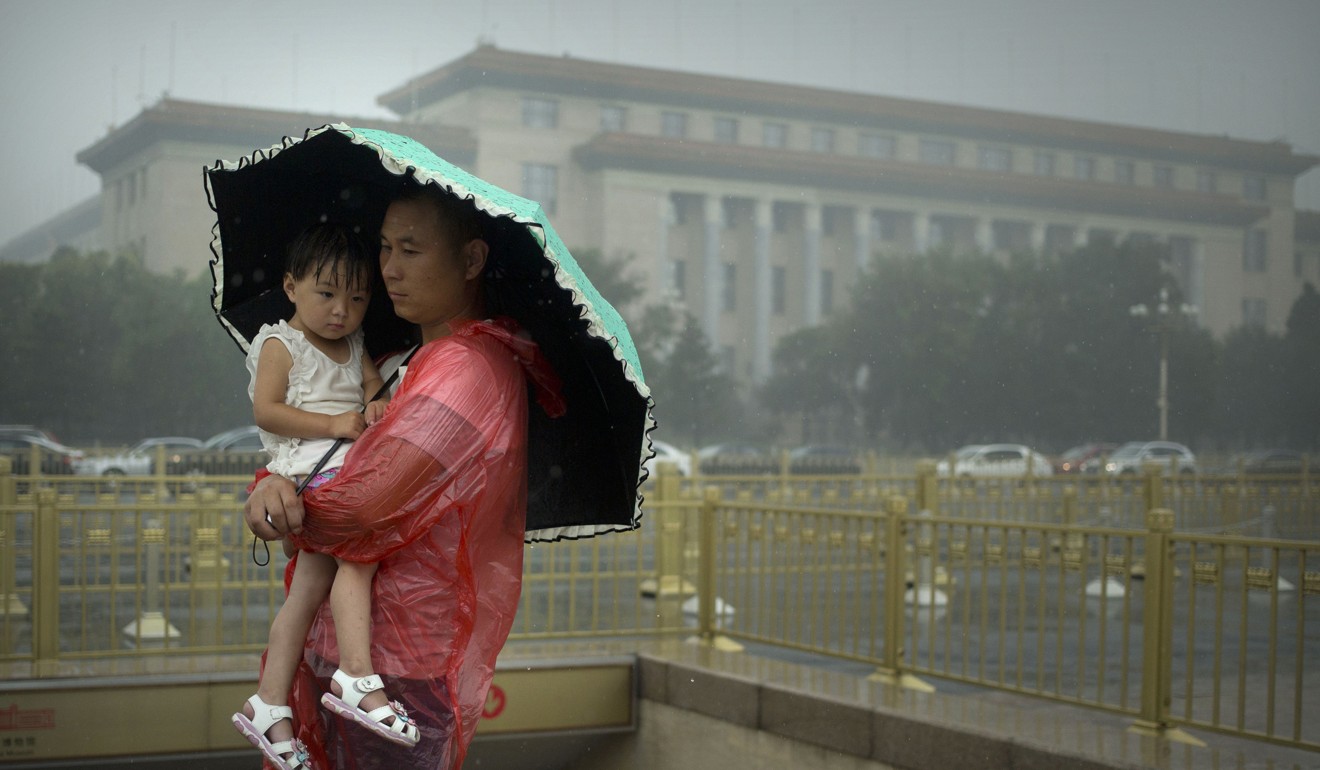
Chinese blogger sorry after essay slamming Beijingers’ ‘fake’ lives goes viral and is censored
Widely-read blog criticised by state media after it lists complaints about soaring property prices, crowded subways and lack of human warmth in the capital
A Chinese blogger whose essay criticising life in Beijing went viral on social media last week – before it was deleted and slammed by state media – has apologised for his “imprecise writing”.
The essay “Beijing has 20 million people pretending to have a life”, written by a Beijing-based blogger under the pseudonym of Zhang Wumao, sparked heated debate over the quality of life in China’s big cities after he posted it on his WeChat social media account on July 23.
The article grumbled about a series of difficulties living in Beijing, including choking smog, sky-high property prices, the city being “overrun” by outsiders and the lack of human warmth.
“Beijingers have increasingly felt the congestion, smog and high property prices, which mean they cannot move at home and cannot breathe outdoors,” Zhang wrote.
He argued the city was only livable for old residents of Beijing who could lead a leisurely life because they have “five apartments” in the city.
“In fact, the city has no life,” he concluded. “It only has the dreams of the minority and jobs of the majority.”

The article was shared widely on Chinese social media, with internet users either agreeing with his arguments or criticising him for exaggerating to attract readers.
It drew more than five million views on WeChat, but later attempts to click through to the essay were answered with a message saying the content had violated regulations released by the Cyberspace Administration of China.
Zhang apologised for the essay during an interview with the Economic Observer newspaper on Friday.
Zhang was quoted as saying that he did not think too much when writing the piece and some of his figures such as “20 million Beijingers” and the elderly’s “five apartments” were imprecise.
He said he “has no discontent about Beijing” and appreciated everything the city has given him.
The apology came after various state media outlets published commentaries defending Beijing.
People’s Daily published an commentary, arguing the author was simply stirring up emotion.
State broadcaster CCTV said in its commentary last Tuesday that Beijing had many shortcomings, but it had made efforts to improve and it was where many youngsters were striving to fulfil their dreams.
“The meaning of life may not be realisation of a dream, but the process that moves closer to that dream step by step,” it said.

However, many internet users agreed with Zhang on the worsening living conditions in the capital.
“It’s good to make money in Beijing, but it’s not suited for living,” one commented. “Apart from the traffic jams and smog, buying a flat would ruin most of your happy life.”
Another said: “There is really no life in Beijing. With more than 10 hours of work pressure every day, it is so tiring.”
Zhong Ping, a 24-year-old white-collar worker in Beijing, told the South China Morning Post that the article mentioned many issues people were angry about, including high property prices and crowded subways.
Qiao Mu, a Beijing-based scholar agreed, saying the essay discussed issues close to the hearts of residents in many big Chinese cities, not just Beijing.
“There are some psychological phenomenon in countries during the process of urbanisation ,” he said. “But in China the situation is more complicated as people are suffering from the pressure of hukou [China’s household registration system] and housing.”
The article stirred up controversy because it touched a nerve among such a wide section of the population in big cities, he said.

